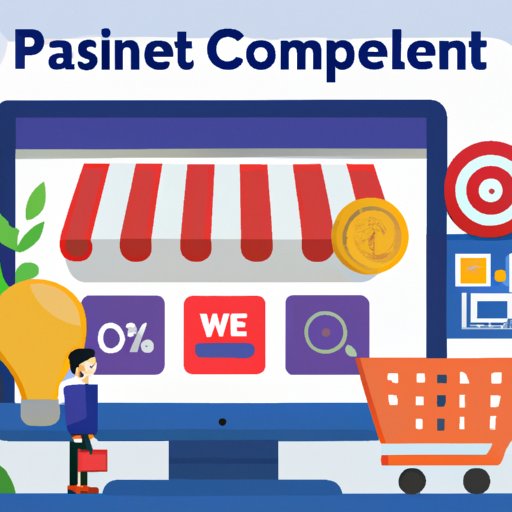Introduction
Ecommerce is the buying and selling of goods and services through an online platform. In recent years, the growth of ecommerce has skyrocketed and more businesses are taking advantage of this powerful tool. If you’re considering launching your own ecommerce business, there are many things you need to consider before getting started.
This article will provide an overview of the main steps needed to start an ecommerce business so that you can make an informed decision when starting your own venture.
Develop a Business Plan
Before launching any business, it’s important to develop a business plan. This document should outline your goals and objectives, target customers, and budget. It should also include a market analysis to determine the overall potential for success.
When conducting your research, look at the competition in your industry and the trends in the marketplace. Identify your target customers and their needs, then use that information to create a strategy for success. Finally, establish a budget and timeline for launching your business.
Choose an Ecommerce Platform
Once you have a business plan in place, it’s time to choose an ecommerce platform. There are many platforms available, each with its own set of features and benefits. Consider the size of your business, the type of products you’ll be selling, and the level of customization you need.
Popular options include Shopify, BigCommerce, and WooCommerce. Each platform has its own pros and cons, so take the time to research and compare them before making a decision.
Design Your Website
Your website is the face of your business, so it’s important to make sure it looks professional and is easy to navigate. Establish a website structure that makes sense for your customers and make sure the design is visually appealing. Additionally, test the website to ensure it works properly before launching it to the public.
Get a Payment Processor
To accept payments from customers, you’ll need to set up a payment processor. Research the different options available and understand the fees associated with each one. Popular payment processors include PayPal, Stripe, and Authorize.net.
Market Your Business
Once your business is up and running, it’s time to start marketing it. Utilize SEO techniques to help customers find your website more easily. Leverage social media to reach new customers and use email marketing campaigns to keep existing customers engaged.
Conclusion
Starting an ecommerce business requires careful research and planning. Take the time to develop a business plan, choose an ecommerce platform, design your website, get a payment processor, and market your business. With the right preparation, your ecommerce venture can be a success.
(Note: Is this article not meeting your expectations? Do you have knowledge or insights to share? Unlock new opportunities and expand your reach by joining our authors team. Click Registration to join us and share your expertise with our readers.)
